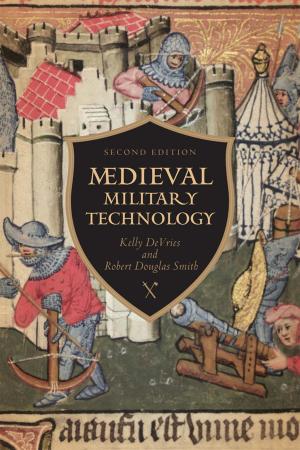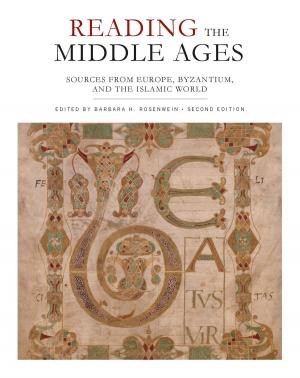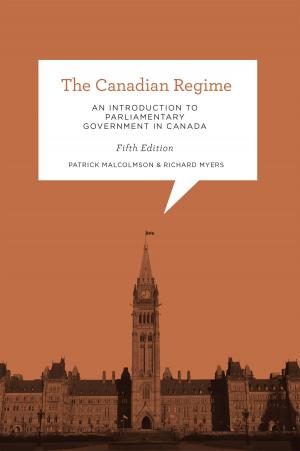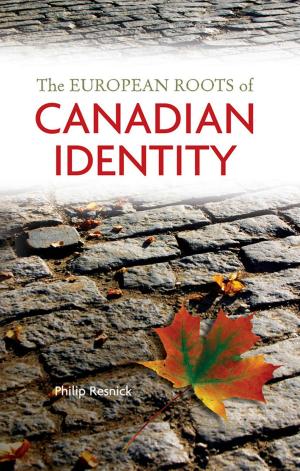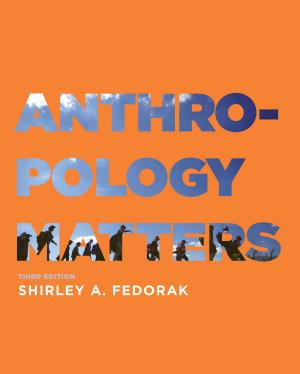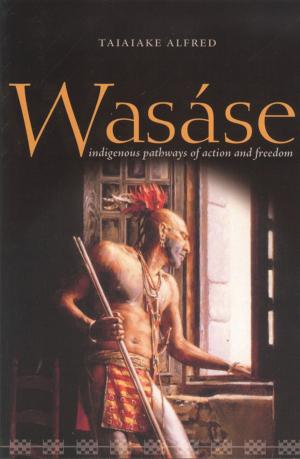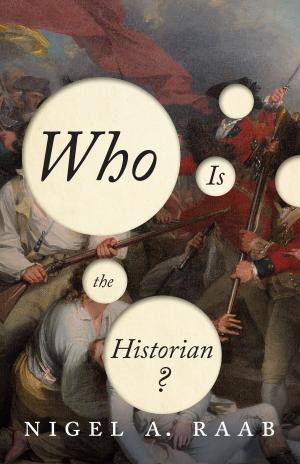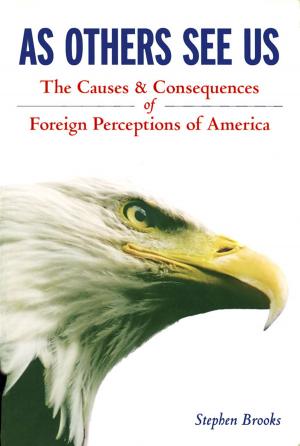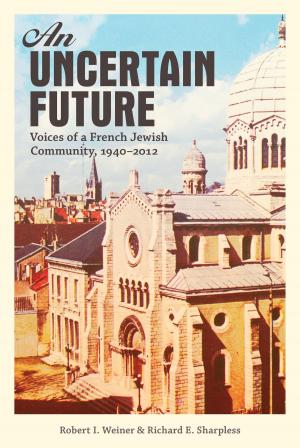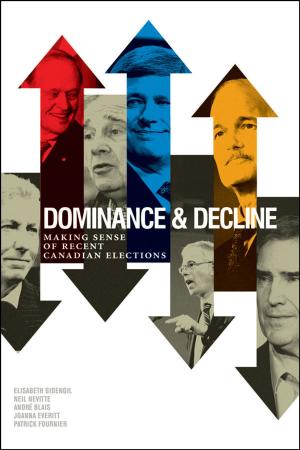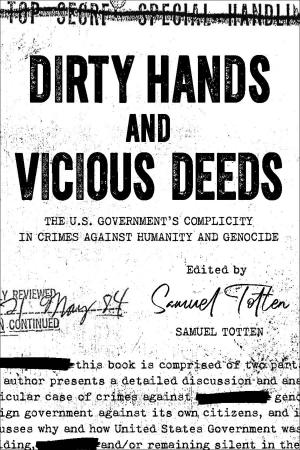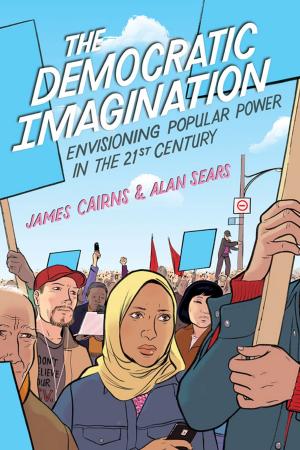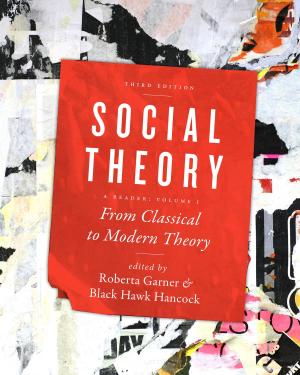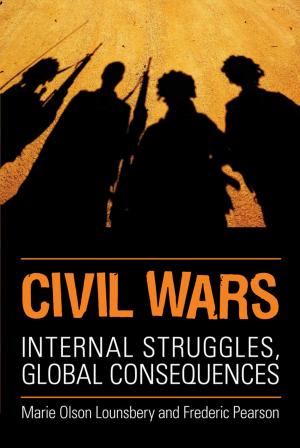Classical Debates for the 21st Century
Rethinking Political Thought
Nonfiction, Social & Cultural Studies, Political Science, Politics, History & Theory| Author: | Thomas Hueglin | ISBN: | 9781442606852 |
| Publisher: | University of Toronto Press, Higher Education Division | Publication: | February 1, 2008 |
| Imprint: | Language: | English |
| Author: | Thomas Hueglin |
| ISBN: | 9781442606852 |
| Publisher: | University of Toronto Press, Higher Education Division |
| Publication: | February 1, 2008 |
| Imprint: | |
| Language: | English |
Classical Debates for the 21st Century distinctively reconsiders the canon of political thought, in the context of current world events, by presenting debates between the ideas of classical theorists. It is through these debates that Thomas O. Hueglin argues that exclusive state sovereignty, individual citizenship, and majority rule have become questionable categories of political theory and practice in a globalizing world. To a large extent, the classical canon of political thought has been constructed in order to give legitimacy to these categories, but it is time to rethink the validity of that canon, and to search for alternative voices and traditions that emphasize plurality, shared sovereignty, and complex patterns of representation and decision-making. This does not mean that the familiar names in the classical canon have to disappear. But they should be examined more critically for their continued importance, and additional theorists thus far neglected should complement them.
Each chapteris organized as a debate between two theorists with contrasting views and approaches. At the end of each chapter, there is a critical evaluation of these political theorists’ continued or renewed relevance.
Classical Debates for the 21st Century distinctively reconsiders the canon of political thought, in the context of current world events, by presenting debates between the ideas of classical theorists. It is through these debates that Thomas O. Hueglin argues that exclusive state sovereignty, individual citizenship, and majority rule have become questionable categories of political theory and practice in a globalizing world. To a large extent, the classical canon of political thought has been constructed in order to give legitimacy to these categories, but it is time to rethink the validity of that canon, and to search for alternative voices and traditions that emphasize plurality, shared sovereignty, and complex patterns of representation and decision-making. This does not mean that the familiar names in the classical canon have to disappear. But they should be examined more critically for their continued importance, and additional theorists thus far neglected should complement them.
Each chapteris organized as a debate between two theorists with contrasting views and approaches. At the end of each chapter, there is a critical evaluation of these political theorists’ continued or renewed relevance.

